Find Help
More Items From Ergsy search
-
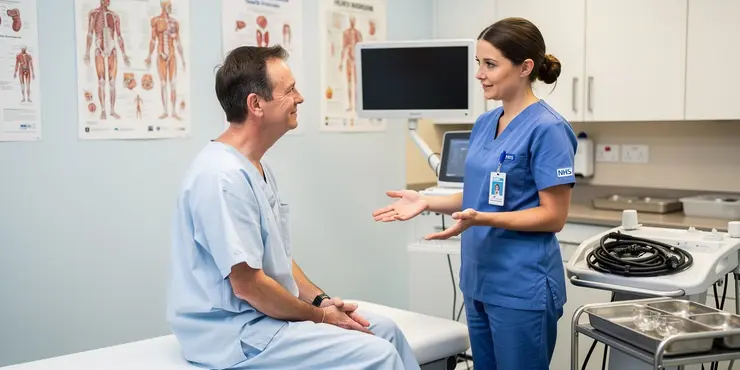
Bournemouth Digestive Diseases Centre: Gastroscopy Procedure (Subtitled)
Relevance: 100%
-
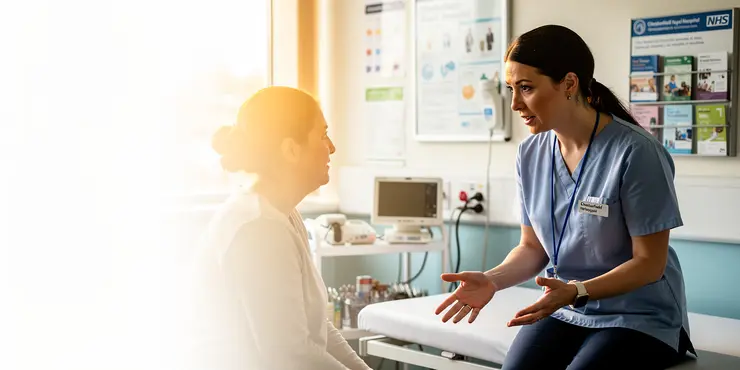
Gastroscopy - What to Expect on Referral to Chesterfield Royal Hospital
Relevance: 63%
-
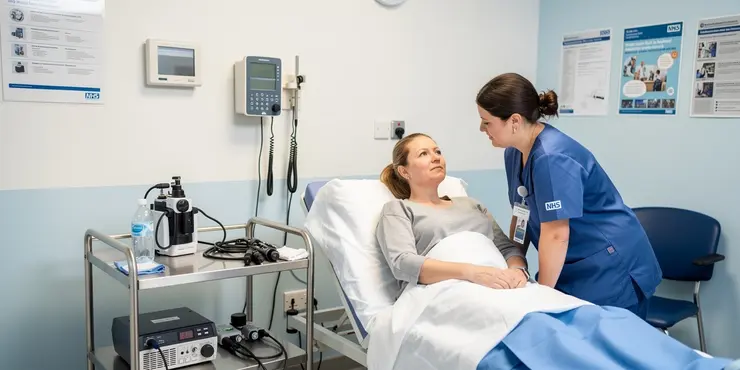
Bournemouth Digestive Diseases Centre: Endoscopy Procedure
Relevance: 58%
-
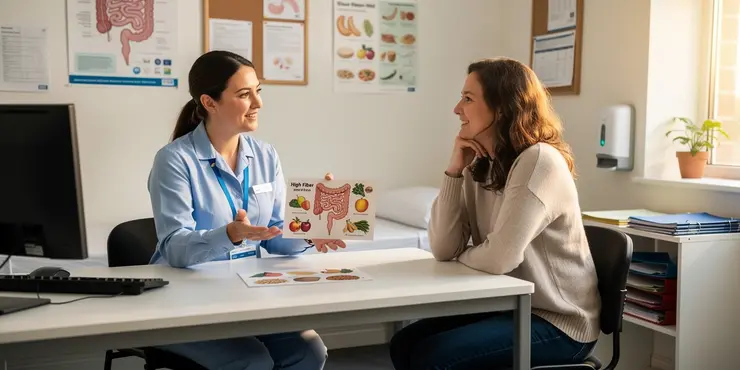
How does fiber benefit digestion?
Relevance: 46%
-
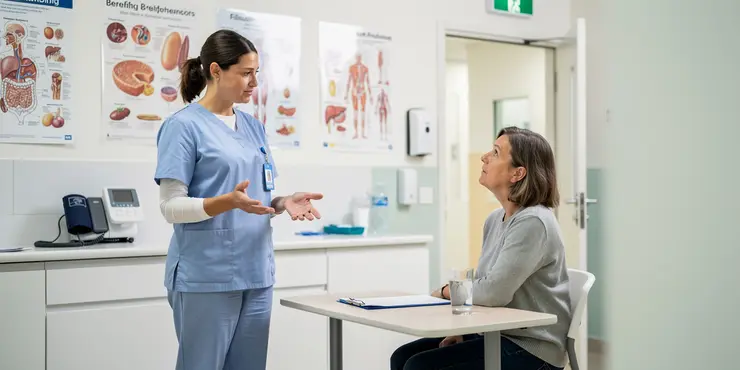
How does fiber benefit digestion?
Relevance: 44%
-
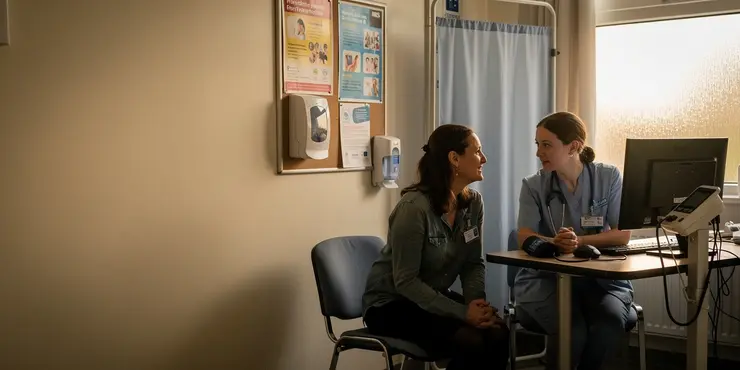
Is Crohn's disease contagious?
Relevance: 32%
-
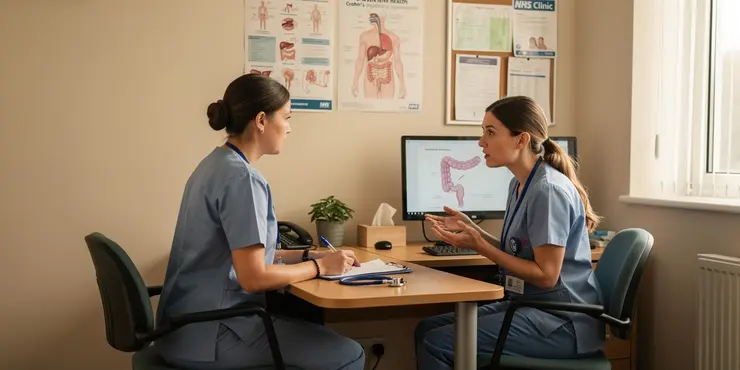
What are the common symptoms of Crohn's disease?
Relevance: 32%
-
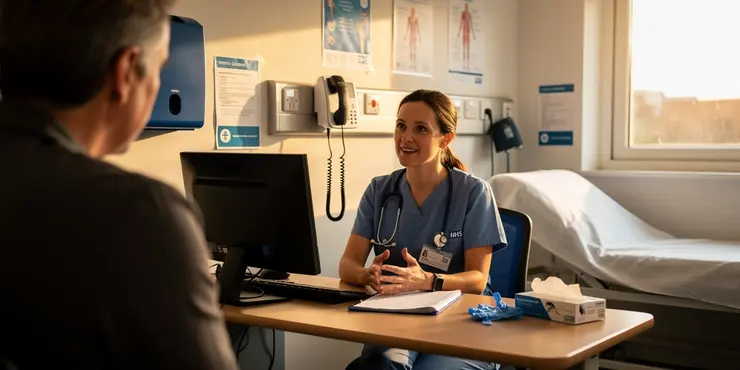
Are there any complications associated with Crohn's disease?
Relevance: 32%
-
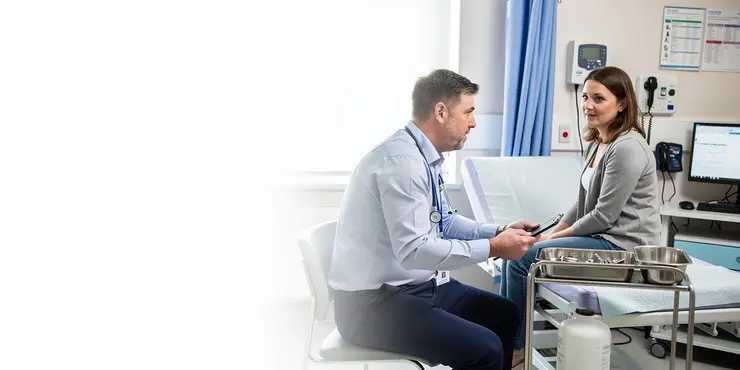
Is surgery necessary for Crohn's disease?
Relevance: 31%
-
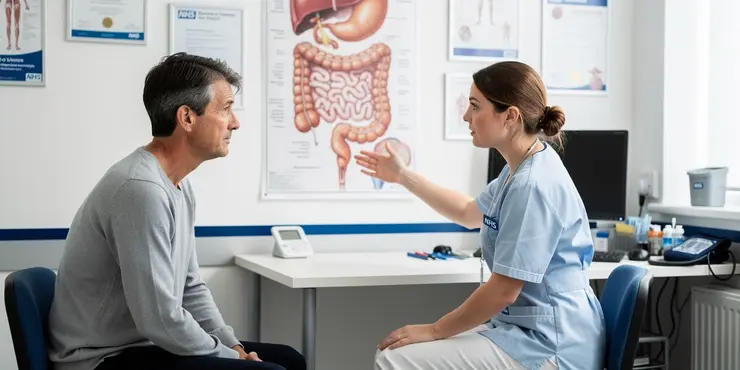
How is Crohn's disease diagnosed?
Relevance: 30%
-
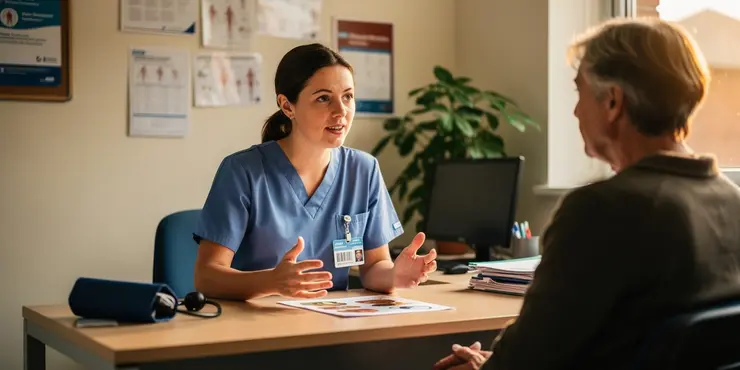
What is the best diet for Crohn’s disease?
Relevance: 30%
-
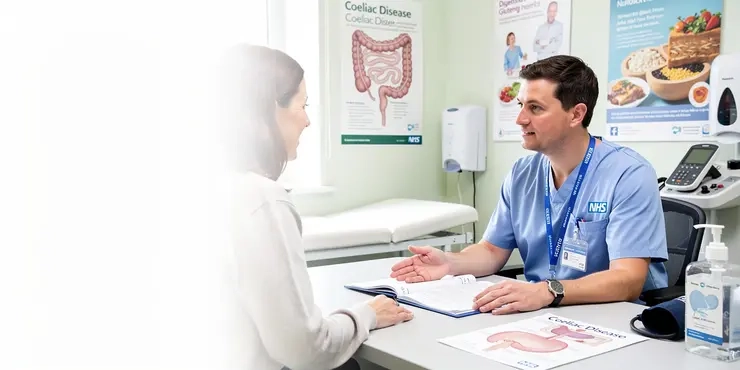
Coeliac Disease: Session 1: What is Coeliac Disease?
Relevance: 30%
-
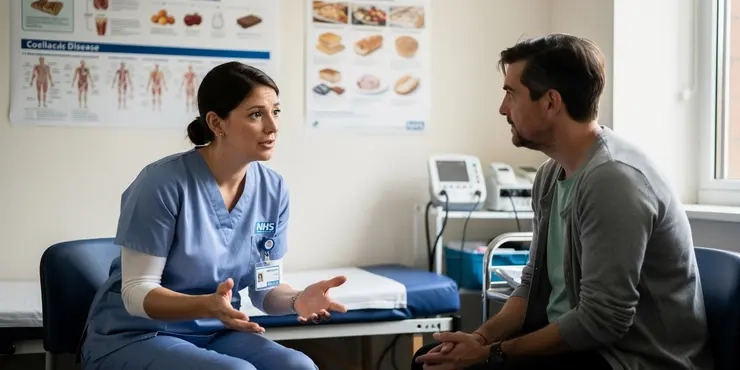
NHSGGC - What is Coeliac Disease?
Relevance: 29%
-
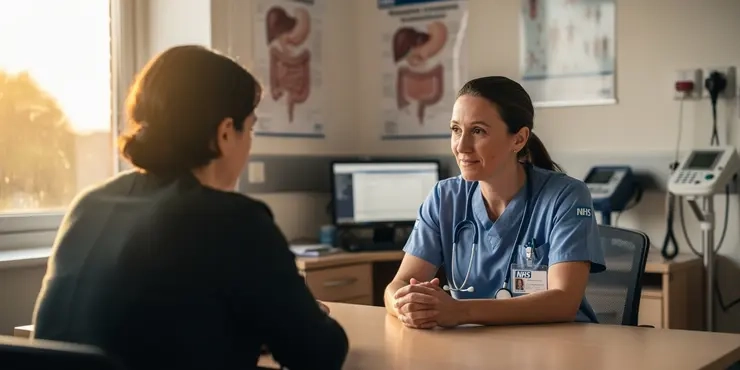
Coeliac disease
Relevance: 29%
-
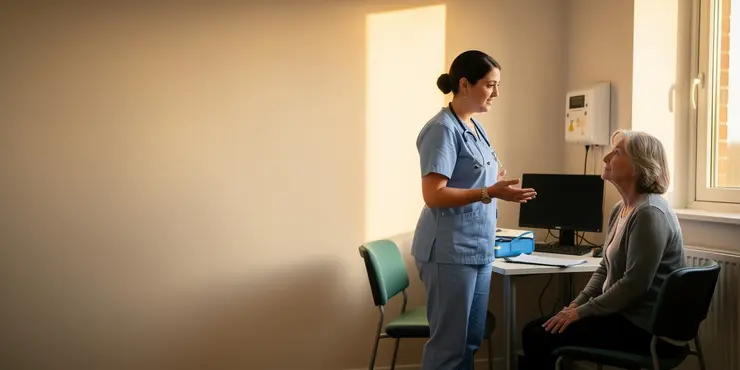
What causes Crohn's disease?
Relevance: 29%
-
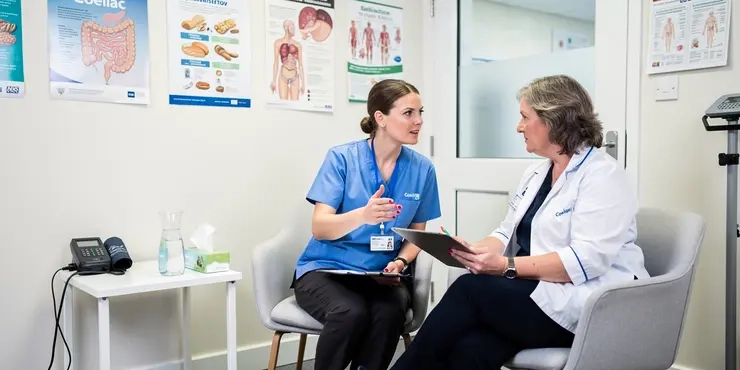
Causes of coeliac disease
Relevance: 28%
-
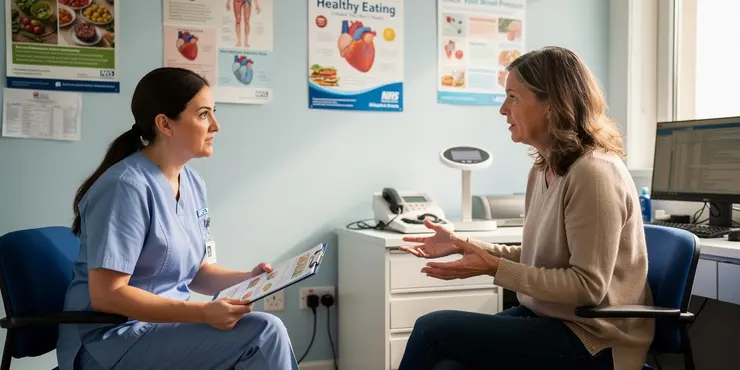
What dietary changes can help manage Crohn's disease?
Relevance: 28%
-
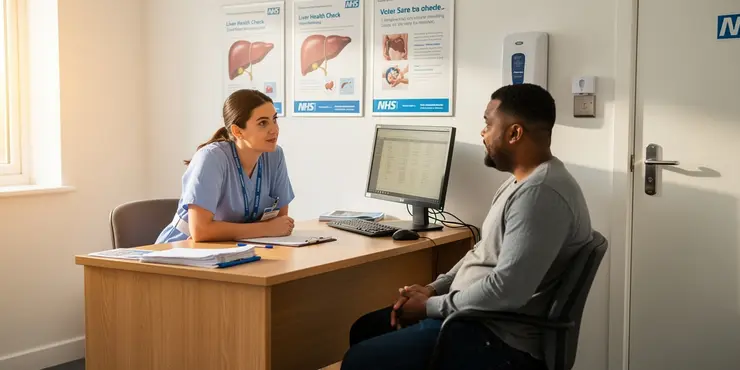
Liver disease | NHS
Relevance: 28%
-
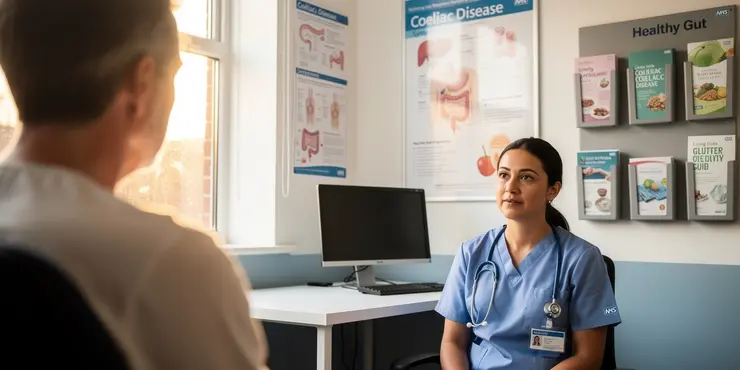
Symptoms of coeliac disease
Relevance: 28%
-
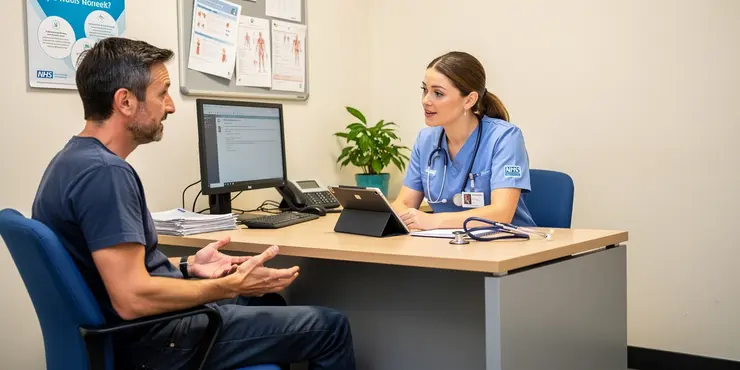
Can stress make Crohn's disease worse?
Relevance: 28%
-
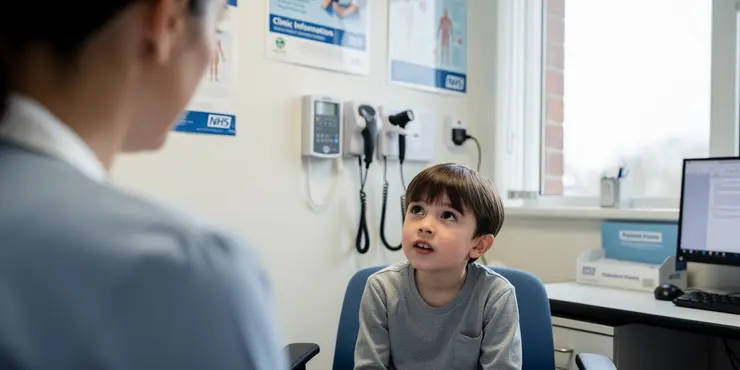
Can children develop Crohn's disease?
Relevance: 28%
-
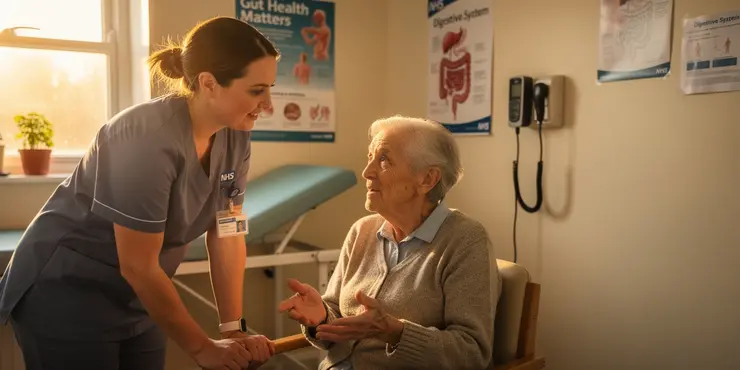
Are there specific gut-related diseases that become more common with age?
Relevance: 26%
-
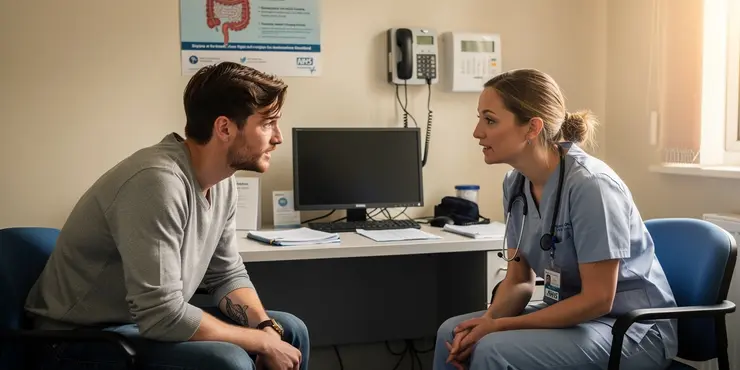
What is Crohn’s disease and how is it treated?
Relevance: 25%
-
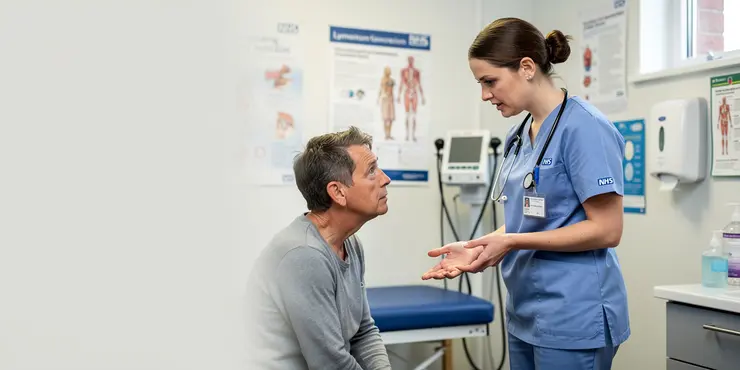
What is Lyme Disease?
Relevance: 24%
-
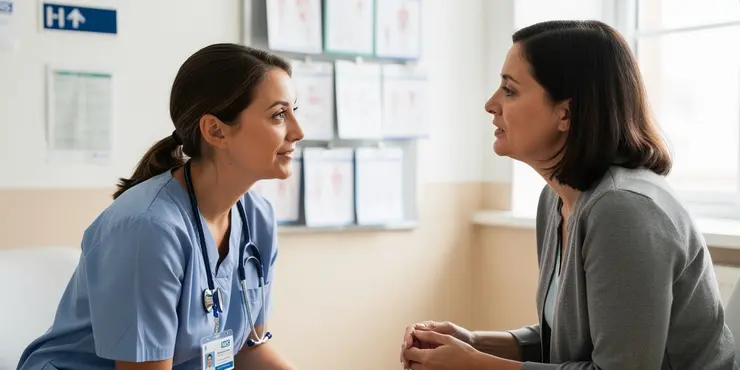
Is Huntington's disease fatal?
Relevance: 24%
-
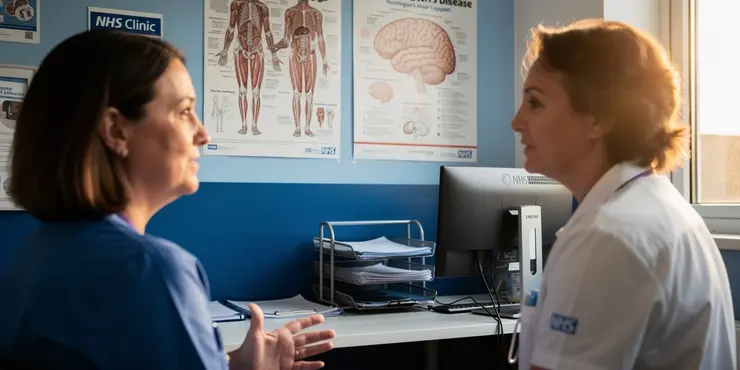
What is Huntington's disease?
Relevance: 24%
-
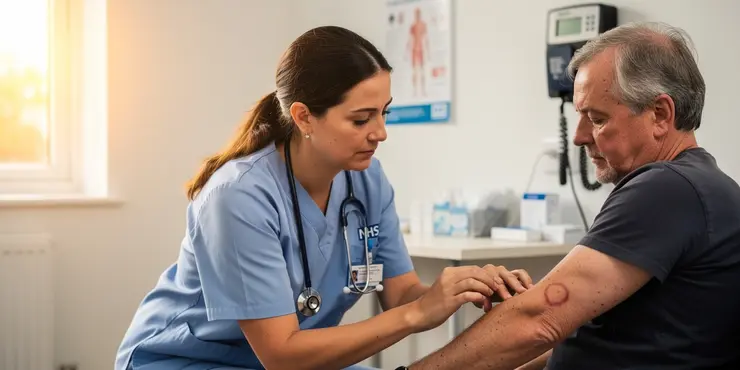
Lyme disease: What is it?
Relevance: 24%
-
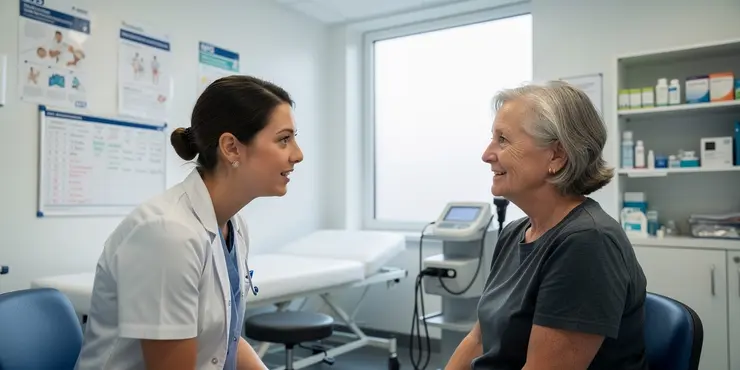
Is there a cure for Crohn's disease?
Relevance: 24%
-
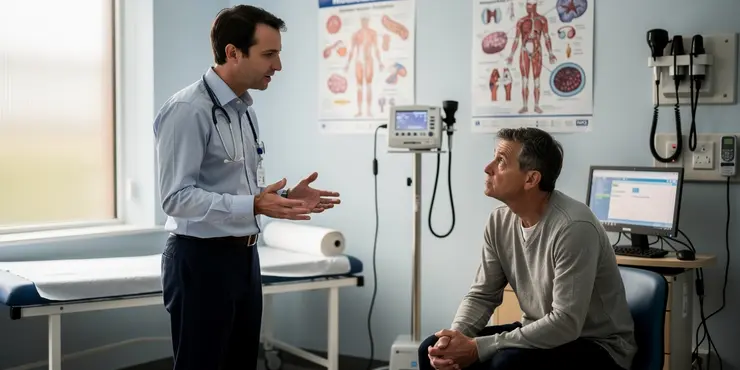
What is Mitochondrial disease?
Relevance: 24%
-
What is Parkinson's disease?
Relevance: 24%
-
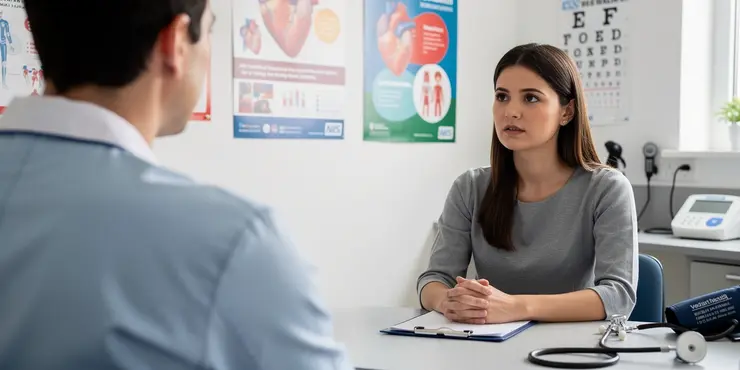
Who is at risk of developing Crohn's disease?
Relevance: 24%
-
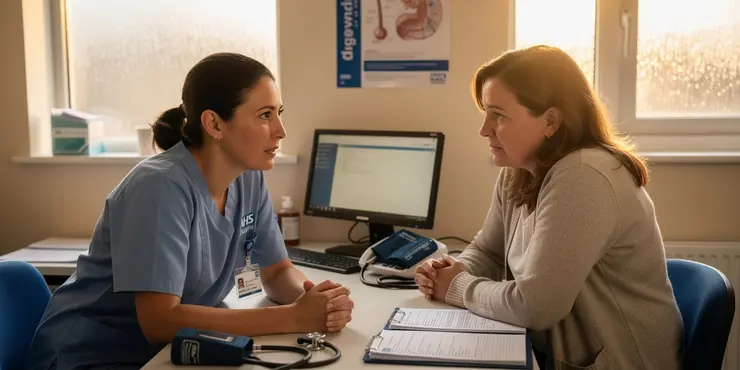
Is there a vaccine for Lyme disease?
Relevance: 24%
-
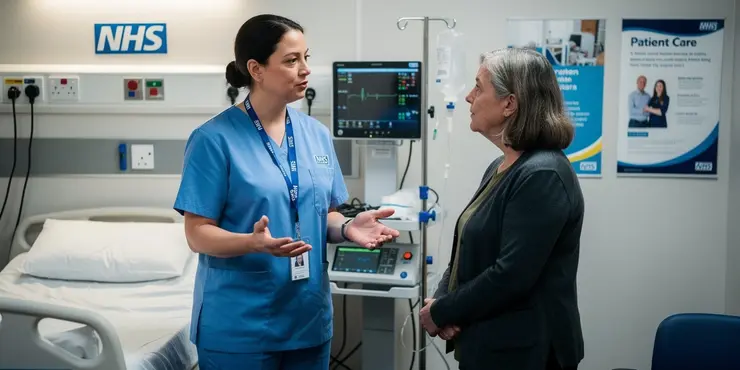
Is flesh-eating disease contagious?
Relevance: 24%
-
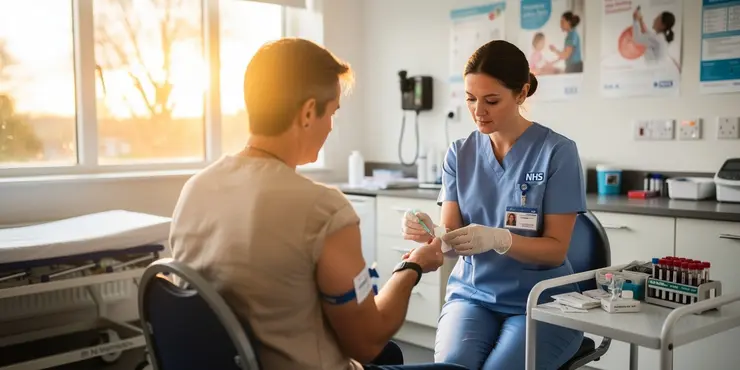
Is Chagas disease a concern with blood transfusions?
Relevance: 24%
-
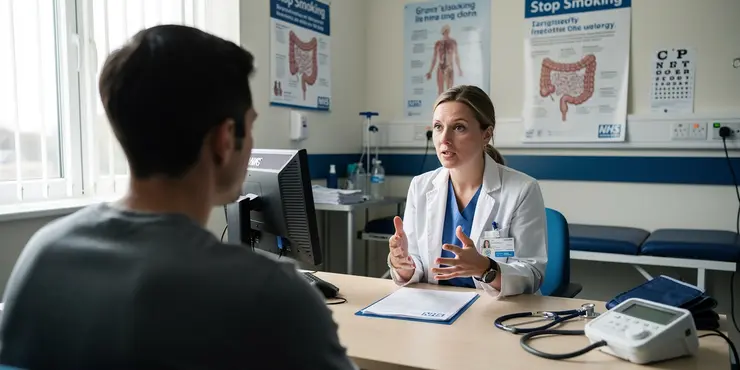
How does smoking affect Crohn's disease?
Relevance: 24%
-
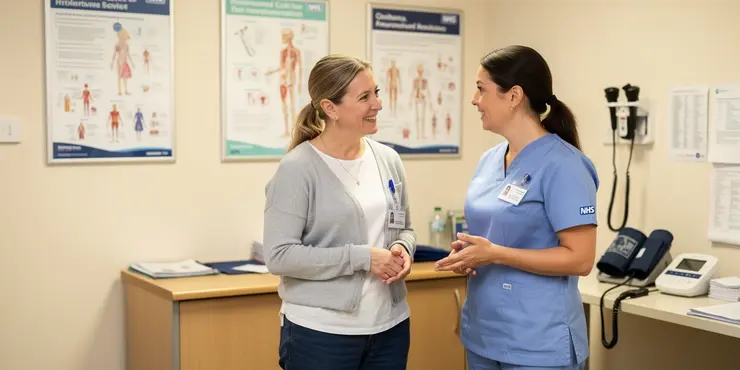
Do UK mosquitoes carry diseases?
Relevance: 24%
-
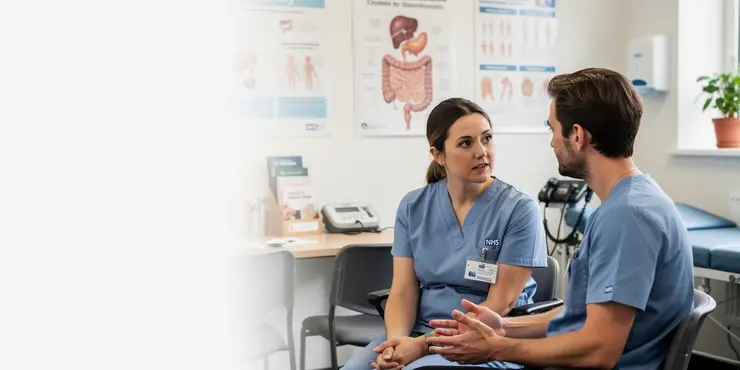
What treatments are available for Crohn's disease?
Relevance: 24%
-
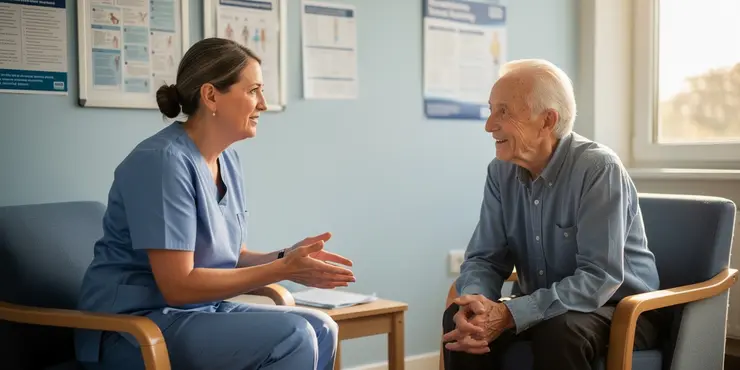
What is Alzheimer's disease?
Relevance: 23%
-
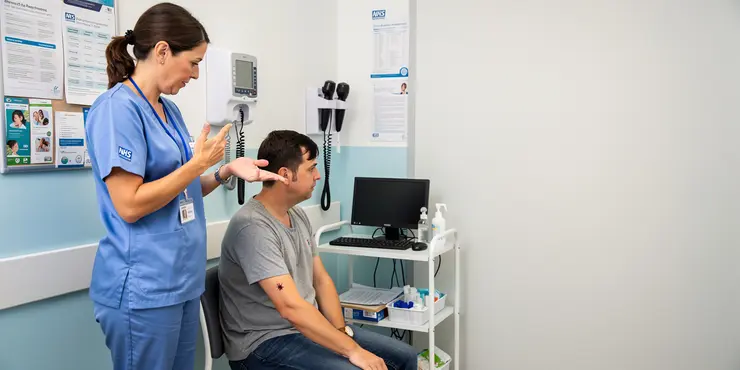
Do spiders in the UK carry diseases?
Relevance: 23%
-
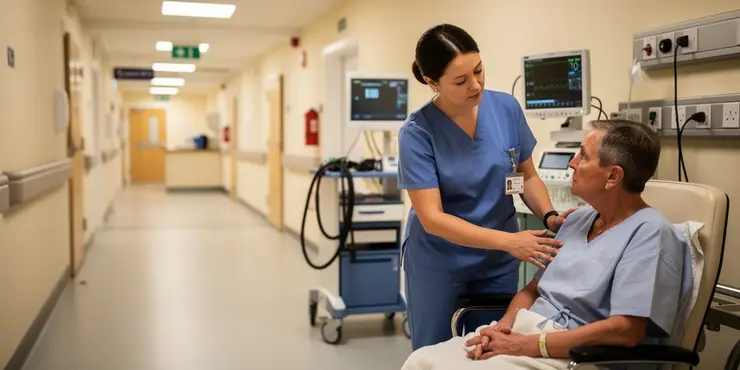
Endoscopy Unit
Relevance: 23%
Bournemouth Digestive Diseases Centre: Gastroscopy Procedure
Introduction to the Gastroscopy Procedure
At Bournemouth Digestive Diseases Centre, we specialise in diagnosing and treating a wide range of digestive diseases. One of our primary diagnostic tools is the gastroscopy procedure, which allows us to examine the lining of your oesophagus, stomach, and the first part of your small intestine. This procedure can help identify conditions such as ulcers, inflammation, tumours, and sources of bleeding.
What to Expect Before the Procedure
Prior to undergoing a gastroscopy, you will receive detailed instructions from our medical team. It is essential to fast for at least 6 hours before your appointment to ensure that your stomach is empty, allowing for a clear view during the procedure. Be sure to inform your doctor about any medications you are taking, as some may need to be adjusted or paused before your gastroscopy.
The Gastroscopy Procedure Explained
A gastroscopy typically takes about 15-30 minutes and is usually performed on an outpatient basis. Our experienced specialists will administer a local anaesthetic spray to numb your throat and make the procedure more comfortable. Sedation may also be offered to help you relax. During the procedure, a thin, flexible tube with a camera at the end, called an endoscope, is carefully inserted through your mouth and gently guided down your oesophagus into your stomach and duodenum. The camera transmits images to a monitor, allowing the doctor to thoroughly inspect the upper digestive tract.
Recovery and Aftercare
After the gastroscopy, you will be monitored until the effects of any sedation have worn off, which may take up to an hour. You might experience a mild sore throat or bloating from the air introduced during the procedure, but these symptoms typically resolve quickly. It is advisable to arrange for someone to drive you home, as the sedative may impair your ability to operate a vehicle. Our team will provide you with specific aftercare instructions and any necessary follow-up appointments.
Importance of Gastroscopy in Diagnosis and Treatment
A gastroscopy is a vital tool in identifying and managing gastrointestinal conditions. Early detection through this procedure can lead to more effective treatment and improve overall health outcomes. If abnormalities such as polyps or suspicious tissue are found, biopsies can be taken during the gastroscopy for further analysis, facilitating prompt and accurate diagnosis.
Contact the Bournemouth Digestive Diseases Centre
If you have symptoms such as persistent heartburn, difficulty swallowing, or unexplained abdominal pain, it may be time to consult with our team at the Bournemouth Digestive Diseases Centre. To schedule a gastroscopy or to learn more about our services, please contact us at [insert contact information here]. We are committed to providing exceptional care to our patients throughout the United Kingdom.
Bournemouth Digestive Diseases Centre: Gastroscopy Procedure
What is a Gastroscopy Procedure?
At Bournemouth Digestive Diseases Centre, we help people with stomach and digestive problems. One of the ways we check these problems is with a test called a gastroscopy. This test lets us look inside your food pipe, stomach, and the start of your small intestine. It helps us find things like sores, red or swollen areas, lumps, or bleeding.
Getting Ready for the Gastroscopy
Before you have a gastroscopy, our doctors will give you important instructions. You should not eat or drink for 6 hours before the test so your stomach is empty. This makes it easier for the doctor to see clearly. Tell your doctor if you take any medicines, because you might need to stop or change them before the test.
How the Gastroscopy is Done
The gastroscopy takes about 15 to 30 minutes. You usually do not have to stay overnight at the hospital. First, the doctor will spray something in your throat to make it numb so it doesn't hurt. You might also get medicine to help you relax. The doctor will then put a thin, bendy tube with a camera in your mouth. The tube goes down your food pipe into your stomach. The camera shows pictures on a screen so the doctor can see inside.
After the Gastroscopy
When the test is finished, you will rest until you feel more awake, which could take up to an hour. Your throat might feel a bit sore, or you might have some gas in your stomach, but this usually goes away soon. You should ask someone to drive you home because you might still feel sleepy. We will give you tips on how to take care of yourself after the test and let you know if you need to come back.
Why a Gastroscopy is Important
A gastroscopy helps us find and treat stomach problems early, which is very important for your health. If we see anything unusual like small growths or tissue that looks different, we can take a small piece to test further. This helps us decide the best treatment for you.
Contact Us at Bournemouth Digestive Diseases Centre
If you have signs like heartburn that doesn’t go away, trouble swallowing, or stomach pain that you can’t explain, it might be a good idea to see us. To set up a gastroscopy or learn more, please get in touch with Bournemouth Digestive Diseases Centre at [insert contact information here]. We are here to help people all over the UK feel better.
Frequently Asked Questions
What is a gastroscopy?
A gastroscopy is a procedure where a thin, flexible tube called an endoscope is used to look inside the esophagus, stomach, and the first part of the small intestine.
Why is a gastroscopy performed?
A gastroscopy is performed to investigate symptoms such as persistent heartburn, difficulty swallowing, or stomach pain. It's also used to diagnose conditions like ulcers, inflammation, and infections.
How should I prepare for a gastroscopy?
You should avoid eating and drinking for 6-8 hours before the procedure to ensure your stomach is empty. Follow any specific instructions given by your healthcare provider.
What can I expect during the procedure?
During the procedure, you may receive a sedative to help you relax. The endoscope will be gently inserted through your mouth and down into your stomach. The procedure typically lasts around 10-20 minutes.
Is a gastroscopy painful?
Most patients do not experience significant pain, but you may feel some discomfort or pressure. Sedation can help minimise any discomfort.
What are the risks of a gastroscopy?
The risks are minimal but can include sore throat, bleeding, or a reaction to the sedative. Serious complications are very rare.
How long does recovery take after a gastroscopy?
Recovery is usually quick. If you had sedation, you might feel drowsy for a few hours. Most people can resume normal activities the next day.
Can I drive home after the procedure?
If you were given a sedative, you should not drive, operate machinery, or make any significant decisions for 24 hours. Arrange for someone to take you home.
Will I receive my results immediately?
Your doctor may discuss initial findings with you right after the procedure. However, biopsy results may take a few days to be processed.
How should I care for myself after the procedure?
Rest for the day and drink plenty of fluids. Avoid alcohol and heavy meals for 24 hours if you had sedation. Follow any additional instructions from your healthcare provider.
What should I do if I experience severe pain or bleeding after a gastroscopy?
Contact your healthcare provider immediately if you experience severe pain, vomiting blood, or black stools. These could be signs of complications.
Can I eat and drink after the procedure?
You can usually eat and drink shortly after the procedure once the sedative wears off. Start with light, easy-to-digest foods and avoid alcohol for at least 24 hours.
Are there any alternatives to a gastroscopy?
Alternatives may include imaging tests like a barium swallow or CT scan, but they may not provide as much detailed information as a gastroscopy.
How often should I have a gastroscopy?
The frequency depends on your medical condition. Your doctor will recommend a schedule based on your specific needs and symptoms.
Is a gastroscopy covered by the NHS?
Yes, a gastroscopy is covered by the NHS if it is medically necessary. Private options are also available if you prefer.
What is a gastroscopy?
A gastroscopy is a test. It helps doctors look inside your throat, stomach, and first part of your small intestine. A doctor uses a thin tube with a camera. It helps them see if everything is okay.
If you feel worried, that's okay. You can ask a doctor or nurse to help explain. They can also use pictures to show what happens. If you need more help, try talking to someone who can support you, like a friend or family.
A gastroscopy is a special check-up. Doctors use a bendy tube called an endoscope. This helps them look inside the throat, tummy, and the start of the small intestine.
Why do doctors do a gastroscopy?
A gastroscopy is a test that helps doctors look inside your tummy. It can help find out why your tummy hurts. Doctors can see if there are any problems inside.
If you need a gastroscopy, your doctor will talk to you about it. They will use a thin tube with a camera to look inside your tummy. This will not hurt a lot.
Some people find it helpful to have a friend or family member with them to feel more comfortable. You can also ask your doctor questions so you understand what happens during the test.
There are things you can use to help you feel calm, like taking deep breaths or listening to relaxing music.
A gastroscopy is a test to look inside your tummy. Doctors do it if you have bad heartburn, trouble swallowing, or a sore tummy. It helps find problems like sores, swelling, and germs.
How can I get ready for a gastroscopy?
A gastroscopy is a test to look inside your food pipe and stomach. Here is how you can get ready:
- Do not eat or drink anything for a few hours before the test. This makes sure your stomach is empty.
- You may need to stop some medicines before the test. Ask your doctor which ones are okay to take.
- Talk to your doctor if you feel nervous. They can help you feel calm.
Ask someone to come with you to the hospital. They can give you support and take you home.
Do not eat or drink for 6-8 hours before the test. This way, your tummy will be empty. Listen to what your doctor tells you to do.
What will happen during the procedure?
The doctor will do the procedure. You might be awake or asleep. The doctor or nurse will tell you what they are doing.
If you feel scared, you can talk to the nurse. They are there to help you.
You might feel something, like a little push or tickle. This is normal. It should not hurt too much.
To help you stay calm, you can bring a favorite toy or listen to music. And remember, the doctor and nurse will take care of you.
During the test, you might get some medicine to help you stay calm. A doctor will use a special tool called an endoscope. They will softly put it in your mouth and down into your tummy. This test usually takes about 10 to 20 minutes.
Does a gastroscopy hurt?
A gastroscopy is a test where a doctor looks inside your tummy with a thin tube.
It might feel a little uncomfortable, but it should not hurt. Doctors give medicine to help you feel relaxed.
Here are some things that can help:
- Take deep breaths to stay calm.
- Ask a friend or family member to come with you.
- Talk to your doctor about any worries you have.
Most people do not feel a lot of pain, but you might feel a little bit of pressure or be uncomfortable. Medicine can help make you feel more relaxed and comfortable.
What could go wrong with a gastroscopy?
The risks are small, but you might get a sore throat, bleeding, or feel unwell from the medicine that helps you relax. Serious problems almost never happen.
How long does it take to feel better after a gastroscopy?
Most people feel better in a day or two after a gastroscopy.
Some people might feel tired or have a sore throat for a short time.
If you feel worried or have questions, talk to your doctor or nurse.
It can help to rest and drink water to feel better.
Using a calendar or reminders on your phone can help you remember to rest and drink water.
Getting better is usually fast. If you had medicine to help you relax, you might feel sleepy for a few hours. Most people can do their normal activities the next day.
Can I drive home after the treatment?
Can I drive home after the treatment? No, it's not safe. Ask someone to pick you up. They can drive you home. You might feel sleepy or dizzy. Rest at home until you feel better.
If you took a medicine to make you sleepy, do not drive a car, use machines, or make big choices for a whole day. Ask a friend or family member to take you home.
Do I get my results right away?
After the test, your doctor might tell you what they found. But if you have a small piece of your body tested (a biopsy), those results could take a few days.
How do I take care of myself after the treatment?
Rest today and drink lots of water or juice. Don’t drink alcohol or eat big meals for one day if you had medicine to make you sleepy. Listen to any extra advice from your doctor or nurse.
What should I do if I have a lot of pain or bleeding after a gastroscopy?
If you have bad pain or see a lot of blood after your test, get help:
- Tell an adult right away.
- Call your doctor or nurse.
- If you can't reach them, go to a hospital.
Remind the adult to keep your doctor's phone number handy. It's important to stay calm and get help quickly.
Talk to your doctor right away if you have a lot of pain, throw up blood, or if your poop is black. These might be signs that something is wrong.
Can I eat and drink after the procedure?
Yes, you can eat and drink after the procedure, but follow some simple rules to stay safe:
- Start with soft foods, like soup or yogurt.
- Drink water or clear drinks first.
- Ask a grown-up if you're not sure what to eat or drink.
Tools to help: Use a timer to remind you to drink water slowly. Ask family or friends for help if you feel unsure.
You can eat and drink soon after the doctor's test, once you feel awake again. Start with foods that are gentle on your tummy. Do not drink alcohol for one whole day.
Is there another way instead of a gastroscopy?
A gastroscopy is a test to look inside your stomach. Sometimes there are other ways to check your stomach. You can talk to your doctor. They can tell you about different tests.
If you find reading hard, you can ask someone to read this to you. You can also ask questions to your doctor to make sure you understand.
Other tests can be used, like taking pictures with a barium swallow test or a CT scan. But these might not show as many details as looking inside your stomach with a special camera, called a gastroscopy.
How often do I need a gastroscopy?
A gastroscopy is a test where a doctor looks inside your tummy with a camera. It helps check if your tummy is healthy.
Ask your doctor when you need a gastroscopy. It might be different for each person. Your doctor knows what is best for you.
Here are some things that can help you understand better:
- Talk to your doctor and ask them questions.
- Write down notes so you remember what the doctor says.
- Use pictures to help explain what a gastroscopy is.
How often you need to go depends on your health. Your doctor will tell you how many times to visit based on what you need.
Will the NHS pay for a gastroscopy?
A gastroscopy is a test to look inside your tummy.
The NHS usually pays for this test. Ask your doctor if it is right for you.
Tell someone you trust if you have questions. They can help explain.
Yes, the NHS will pay for a gastroscopy if you need it for your health. You can also choose to pay for it yourself if you want.
Useful Links
This website offers general information and is not a substitute for professional advice.
Always seek guidance from qualified professionals.
If you have any medical concerns or need urgent help, contact a healthcare professional or emergency services immediately.
Some of this content was generated with AI assistance. We’ve done our best to keep it accurate, helpful, and human-friendly.
- Ergsy carfully checks the information in the videos we provide here.
- Videos shown by Youtube after a video has completed, have NOT been reviewed by ERGSY.
- To view, click the arrow in centre of video.
- Most of the videos you find here will have subtitles and/or closed captions available.
- You may need to turn these on, and choose your preferred language.
- Go to the video you'd like to watch.
- If closed captions (CC) are available, settings will be visible on the bottom right of the video player.
- To turn on Captions, click settings .
- To turn off Captions, click settings again.
More Items From Ergsy search
-

Bournemouth Digestive Diseases Centre: Gastroscopy Procedure (Subtitled)
Relevance: 100%
-

Gastroscopy - What to Expect on Referral to Chesterfield Royal Hospital
Relevance: 63%
-

Bournemouth Digestive Diseases Centre: Endoscopy Procedure
Relevance: 58%
-

How does fiber benefit digestion?
Relevance: 46%
-

How does fiber benefit digestion?
Relevance: 44%
-

Is Crohn's disease contagious?
Relevance: 32%
-

What are the common symptoms of Crohn's disease?
Relevance: 32%
-

Are there any complications associated with Crohn's disease?
Relevance: 32%
-

Is surgery necessary for Crohn's disease?
Relevance: 31%
-

How is Crohn's disease diagnosed?
Relevance: 30%
-

What is the best diet for Crohn’s disease?
Relevance: 30%
-

Coeliac Disease: Session 1: What is Coeliac Disease?
Relevance: 30%
-

NHSGGC - What is Coeliac Disease?
Relevance: 29%
-

Coeliac disease
Relevance: 29%
-

What causes Crohn's disease?
Relevance: 29%
-

Causes of coeliac disease
Relevance: 28%
-

What dietary changes can help manage Crohn's disease?
Relevance: 28%
-

Liver disease | NHS
Relevance: 28%
-

Symptoms of coeliac disease
Relevance: 28%
-

Can stress make Crohn's disease worse?
Relevance: 28%
-

Can children develop Crohn's disease?
Relevance: 28%
-

Are there specific gut-related diseases that become more common with age?
Relevance: 26%
-

What is Crohn’s disease and how is it treated?
Relevance: 25%
-

What is Lyme Disease?
Relevance: 24%
-

Is Huntington's disease fatal?
Relevance: 24%
-

What is Huntington's disease?
Relevance: 24%
-

Lyme disease: What is it?
Relevance: 24%
-

Is there a cure for Crohn's disease?
Relevance: 24%
-

What is Mitochondrial disease?
Relevance: 24%
-
What is Parkinson's disease?
Relevance: 24%
-

Who is at risk of developing Crohn's disease?
Relevance: 24%
-

Is there a vaccine for Lyme disease?
Relevance: 24%
-

Is flesh-eating disease contagious?
Relevance: 24%
-

Is Chagas disease a concern with blood transfusions?
Relevance: 24%
-

How does smoking affect Crohn's disease?
Relevance: 24%
-

Do UK mosquitoes carry diseases?
Relevance: 24%
-

What treatments are available for Crohn's disease?
Relevance: 24%
-

What is Alzheimer's disease?
Relevance: 23%
-

Do spiders in the UK carry diseases?
Relevance: 23%
-

Endoscopy Unit
Relevance: 23%


